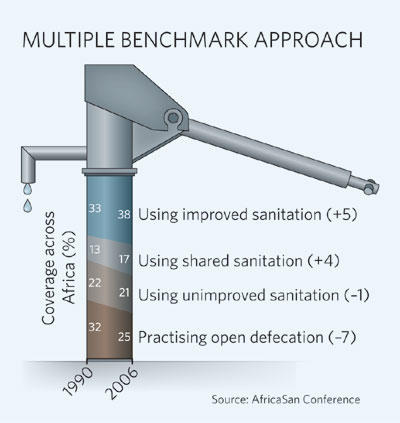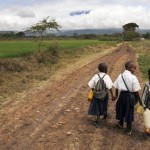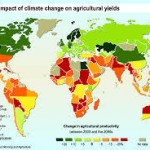
Education for survival 2 (Sanitation and hygiene practice)
Pamoja Imani Kenya (PIK) believes that giving children and their parents education is one of the vital steps for underprivileged people to find ways to escape from poverty.
Referring to the previous blog-post (Blog 11) about importance of giving children opportunities to have the basic education, educating children and parents about the importance of accessing clean water and appropriate sanitation absolutely do help people fighting poverty in developing countries(1).
People who have knowledge of appropriate sanitation are more likely to enable themselves preventing disease and infection which can tend to be deadly in developing countries(1).
According to research from Pamoja Imani Kenya (PIK), many single mother members have lost their husbands/partners because of the affection of diseases.
Most of the diseases they got affected are curable in developed countries and never/rarely deadly, such as asthma, diarrhoea, fever and cough. Children are also easily affected by such preventable diseases, and pass away.
The reasons of parents not being able to take their children to hospitals may include that they do not have prior knowledge of disease so that they do not come up with idea of ‘taking their children to the hospitals.
Accessing to the hospitals are not easy matter for people living below poverty in developing countries – Whilst costs of doctor visits at public hospitals are exempted by the Kenyan government, medication still does cost with prices which most people cannot afford.
As the public hospitals are free-cost, many people go visit doctors at the public hospitals, and many of them hospitalize at the publics.
However, according to some of PIK’s mother members who occasionally use the public hospitals, most of the public hospitals are not prepared to hospitalize large number of patients – thus when many clients are hospitalized, the public hospitals become lack of beds, so that sometimes a couple of patients share a bed – which for certain, drops quality of sanitation in the clinical environments.
Therefore, people who look for the best clinical environment to get treatment/cure with the best quality – which most of people do – they choose to go to the private hospitals as a last resort, but as mentioned previously, doctor visits or medication costs at private hospitals are excluded as exemption objects by the Kenyan government- so patients still face to a problem of paying the high costs.
With many reasons from several perspectives, education for sanitation is certainly vital for people living below poverty in developing countries. Most importantly, whilst maintaining hygiene practice in the environment, people can ensure their sustainable living – which is essential for all people. Whilst having knowledge of protecting themselves is very important for people living below the poverty to survive, aiding further education in sanitation and hygiene practice comes first in order to help people fighting poverty.
References:
(1) World Vision Australia, Effective Aid: Helping Millions (2011): www.worldvision.com.au/Libraries/Reports/WVAReport_Effective_Aid_2011.sflb.ashx
Unicef, Water, Sanitation and Hygiene for Schoolchildren in Emergencies (2011)
http://www.unicef.org/wash/files/WASH_in__Schools_in_Emergencies_Guidebook_for_teachers_.pdf




